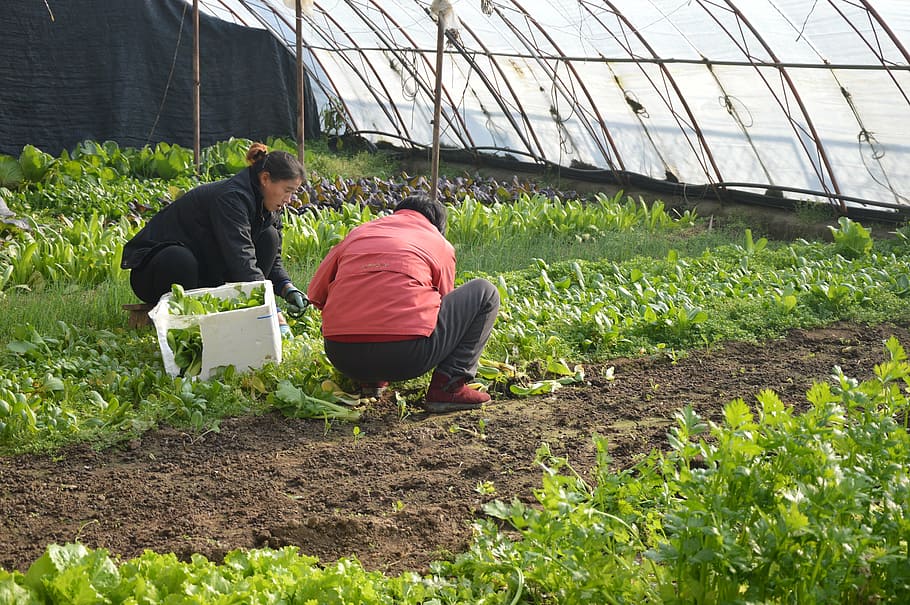Maximizing Your Yield DIY Squash Trellis Techniques
Harnessing the Harvest: Introduction
In the world of gardening, maximizing your yield is a goal that every enthusiast strives to achieve. When it comes to growing squash, utilizing trellis techniques can be a game-changer. These DIY methods not only save space but also promote healthier plants and more abundant harvests. Let’s explore some effective techniques for maximizing your squash yield with DIY trellises.
Choosing the Right Squash Varieties: Plant Selection
Before delving into trellising techniques, it’s crucial to choose the right squash varieties for your garden. Look for compact or bush varieties that are well-suited for vertical growth and trellising. Popular options include zucchini, yellow squash, and butternut squash. Opting for disease-resistant varieties can also help ensure a successful harvest.
Prepping Your Garden: Soil and Sunlight
Prepare your garden bed by ensuring it receives adequate sunlight, as squash plants thrive in full sun. Amend the soil with compost or organic matter to improve drainage and fertility. Adequate spacing between plants is essential to prevent overcrowding and allow for proper airflow. Planning ahead and providing the optimal growing conditions will set the stage for a successful squash harvest.
Constructing Your Trellis: DIY Techniques
When it comes to building your squash trellis, there are several DIY techniques to consider. One popular method is to create a simple A-frame trellis using wooden stakes or bamboo poles. Secure the poles in the ground at each end of the row and attach horizontal supports using twine or wire. This structure provides sturdy support for squash vines to climb and prevents them from sprawling on the ground.
Training Your Vines: Vertical Growth
Once your trellis is in place, it’s time to train your squash vines to grow vertically. Gently guide the young vines towards the trellis and secure them using soft ties or plant clips. Encourage upward growth by regularly redirecting wayward vines and removing any side shoots that may hinder vertical progress. Training your vines to climb the trellis promotes better air circulation and sunlight exposure, leading to healthier plants and higher yields.
Pruning for Productivity: Maintenance Tips
Regular pruning is essential for maintaining healthy squash plants and maximizing yield. Remove any dead or diseased foliage to prevent the spread of disease and improve air circulation. Prune away excess foliage to allow sunlight to reach the developing fruits and encourage better fruit set. Be sure to use clean, sharp pruners to avoid damaging the plants.
Supporting Heavy Fruits: Additional Measures
As your squash plants mature and begin producing fruits, additional support may be needed to prevent the weight of the fruits from bending or breaking the vines. Consider using slings made from old pantyhose or fabric strips to cradle heavy fruits and reduce the risk of damage. Supporting the fruits as they grow ensures a bountiful harvest without compromising the health of the plants.
Harvesting and Enjoying: The Fruits of Your Labor
As the growing season progresses, keep a close eye on your squash plants and harvest fruits when they reach their optimal size and maturity. Use a sharp knife or pruning shears to cut the fruits from the vines, taking care not to damage the plant. Enjoy the fruits of your labor in a variety of delicious recipes, from sautés and salads to soups and stews. With proper care and attention to trellising techniques, you’ll be rewarded with a plentiful harvest of fresh, flavorful squash from your garden. Read more about diy squash trellis




